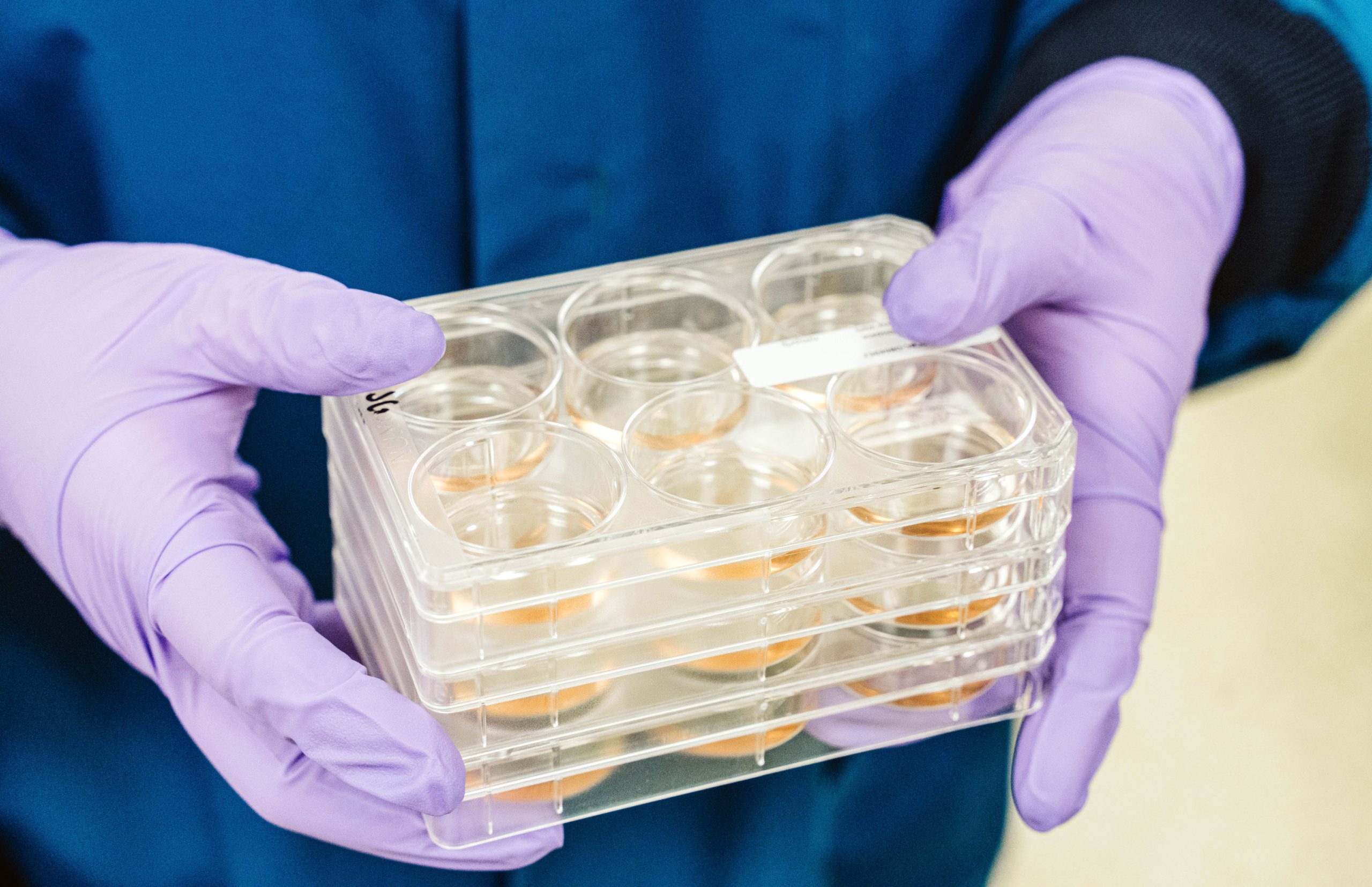Alexander disease Collection
Alexander disease is a rare and fatal neurological disorder characterized by destruction of the myelin sheath and abnormal protein deposits known as Rosenthal fibers. Around 95% of cases of Alexander disease are caused by mutations in the GFAP gene, which is primarily expressed in astrocytes. Affected individuals suffer from seizures, ataxia and developmental delay.
This collection, deposited by Dr. Su-Chun Zhang from the University of Wisconsin-Madison, consists of iPSCs reprogrammed from fibroblasts of two affected type-II Alexander disease donors. The GFAP mutation is known for both donors, and was genetically corrected using CRISPR/Cas9 to generate isogenic control cell lines.
The publication describing this collection of cell lines can be found here.
Showing all 4 results
Cell Line | Cell Line Alias | Cell Type | Disease | Genetic Alteration/Mutation | Sex | Age at Collection | Ethnicity | Genetically Related Cell Lines | dbGaP Data |
|---|---|---|---|---|---|---|---|---|---|
R416 | Modified Human iPS | None reported | Mutated allele corrected using CRISPR/Cas9 | Male | 8 Years | No | No | ||
W416 | Human iPS | Alexander disease (Type II) | C->T transition results in mutation at amino acid residue 416. | Male | 8 Years | No | No | ||
C88 | Human iPS | Alexander disease (Type II) | C->T transition results in mutation at amino acid residue 88. | Male | 5 Years | No | No | ||
R88 | Modified Human iPS | None reported | Mutated allele corrected using CRISPR/Cas9 | Male | 5 Years | No | No |
